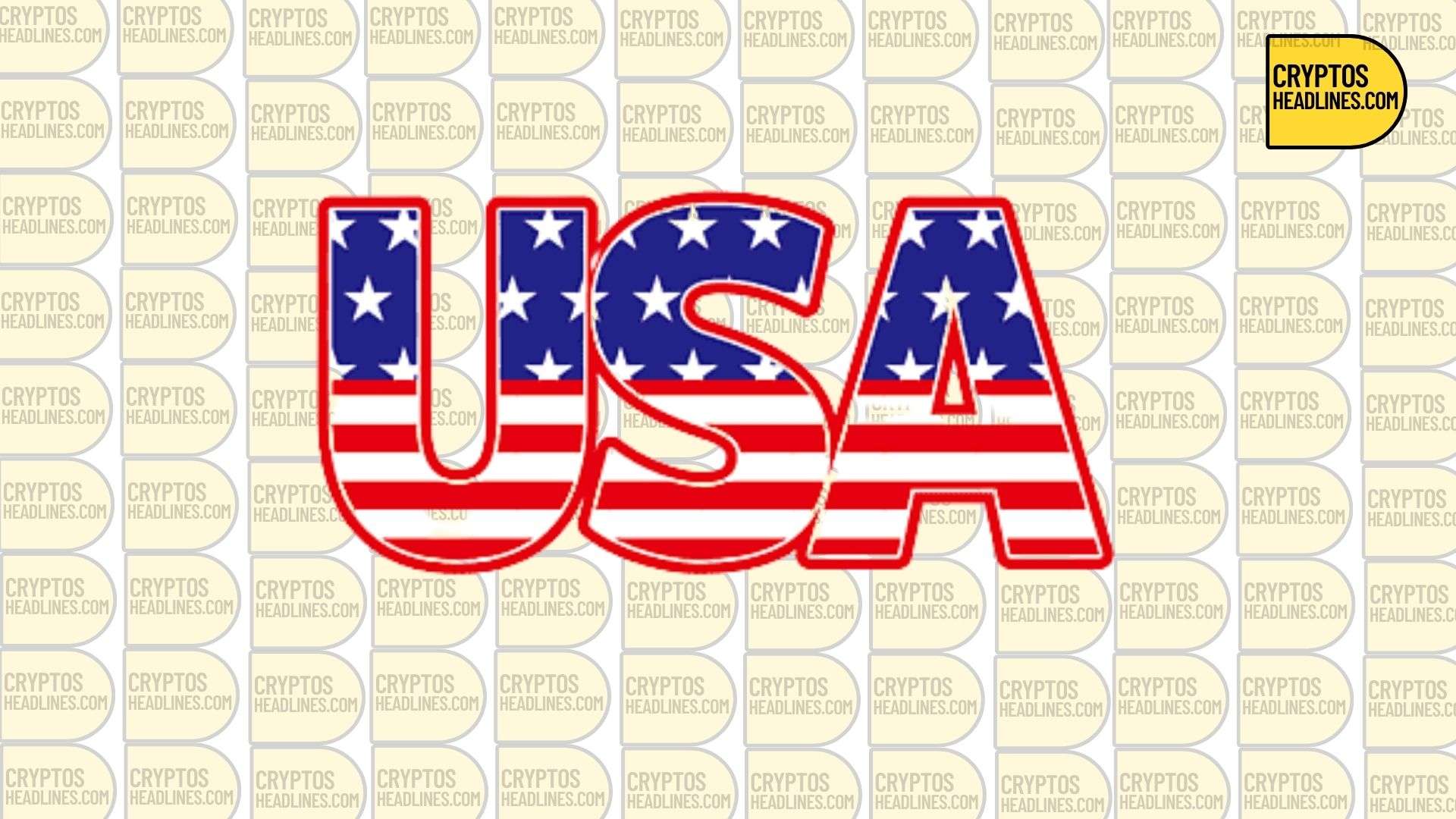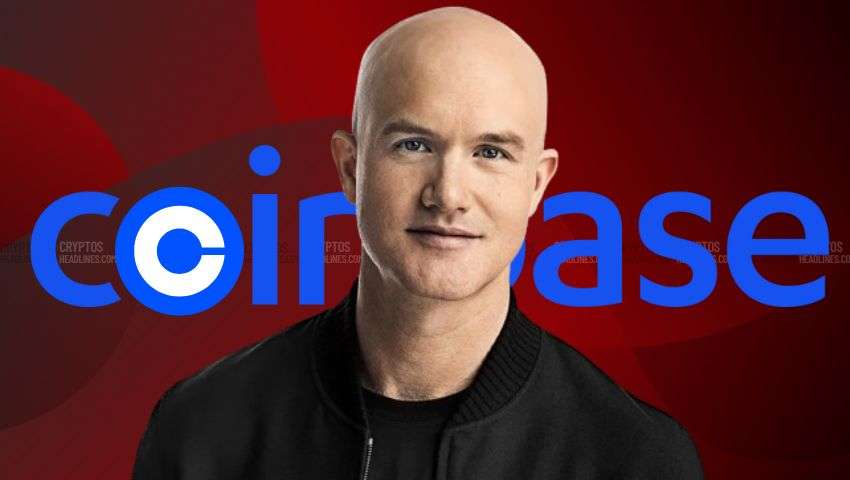Ryan Selkis Praises New Crypto Bill for Clear Compliance Path in Coinbase’s Twitter Space on June 7
During a Twitter Space hosted by Coinbase on June 7, Messari CEO Ryan Selkis expressed his admiration for a newly proposed Republican crypto bill, describing it as a remarkable “10x improvement” compared to previous crypto bills presented in the United States Congress. Unveiled on June 1, the bill, known as the “Digital Asset Market Structure” (DAMS) bill, aims to establish a comprehensive framework that addresses regulatory gaps between the U.S. Commodity Futures Trading Commission (CFTC) and the Securities Exchange Commission (SEC) concerning crypto-assets-related activities. Selkis’s positive comments highlight the potential impact of this proposed legislation on fostering clearer compliance pathways for emerging crypto firms.
During a Twitter Spaces event hosted by Coinbase on June 7, Ryan Selkis provided insights into the work of U.S. Representatives Patrick McHenry and Glenn Thompson. Selkis explained that the representatives have formulated a framework that enables tokens to achieve compliance through decentralization without immediately invoking securities laws. Their approach offers a pathway for tokens to navigate regulatory requirements while maintaining a decentralized nature. Selkis’s comments shed light on the efforts being made to establish a more accommodating environment for tokens within the legal and regulatory landscape.
— Coinbase 🛡️ (@coinbase) June 7, 2023
Ryan Selkis posed a rhetorical question during the Coinbase-hosted Twitter Spaces event on June 7, pondering the feasibility of tokens in their early stages achieving compliance with securities laws temporarily until they attain a significant level of decentralization. By raising this question, Selkis highlighted the challenge of balancing regulatory compliance with the evolving nature of decentralized tokens. His query underscores the need to explore mechanisms that allow tokens to navigate the intricacies of securities laws while progressing towards a more decentralized state.
During the discussion, Ryan Selkis also recognized the previous efforts of Hester Pierce, the former Chair of the U.S. Securities Exchange Commission (SEC). Selkis acknowledged Pierce’s noteworthy contribution in February 2020 when she introduced a proposal called the “Safe Harbor.” This proposal aimed to provide a regulatory framework that would offer temporary relief to token projects, enabling them to navigate securities laws during their early stages of development. Selkis’s acknowledgement highlights the importance of exploring innovative regulatory approaches that support the growth and compliance of emerging token projects.
Selkis further noted that many of the concepts and language put forth in Hester Pierce’s previous proposals are currently being incorporated into the legislative text of the new bill. This indicates that the ideas initially presented in Pierce’s “Safe Harbor” proposal have influenced the development of the current legislation. Selkis expressed his belief that the newly proposed bill represents a significant advancement, potentially surpassing any prior initiatives. By emphasizing its potential as a “10x improvement,” Selkis highlighted the positive strides taken in crafting a more comprehensive and effective regulatory framework for the crypto industry.
The previous crypto bill that reached Congress was the Digital Commodities Consumer Protection Act (DCCPA), introduced on August 3. It aimed to enhance regulatory oversight of the crypto industry in response to the FTX collapse. Ryan Selkis’s positive remarks about the newly proposed bill were supported by TuongVy Le, Head of Regulatory and Policy at Bain Capital Crypto. Le emphasized that the Digital Asset Market Structure (DAMS) bill offers token issuers a much-needed pathway to achieve compliance. This endorsement reflects the industry’s recognition of DAMS as a significant step forward in providing regulatory clarity and enabling token issuers to navigate the compliance landscape more effectively.
TuongVy Le highlighted a common challenge faced by crypto issuers or token projects during the Coinbase-hosted event. Le emphasized that when launching a token, immediate decentralization is not achieved. This observation underscores the gradual process involved in transitioning towards a decentralized state. By acknowledging this reality, Le underscored the importance of regulatory frameworks that recognize and accommodate the developmental stages of token projects, enabling them to navigate the compliance landscape effectively.
Great to be on today with @iampaulgrewal @JBSDC @twobitidiot! @coinbase thanks for having me. There’s a lot going on right now, but we are fighting for progress and innovation and something better than the status quo. And we will get there! – onward! https://t.co/oHGhh6wssP
— TuongVy Le 🗽🔭🍕 (@TuongvyLe12) June 7, 2023
Le further elaborated on the challenges faced by token issuers, noting their need for time to progress towards decentralization. However, during this transitional phase, the Securities Exchange Commission (SEC) retains the authority to initiate enforcement actions against them. Le identified this as a longstanding fundamental problem in the industry. Nevertheless, she expressed optimism that the Digital Asset Market Structure (DAMS) bill can effectively address this issue. Le believes that DAMS provides token issuers with a well-considered and thoughtful pathway to achieve decentralization, offering a potential resolution to the regulatory hurdles they currently face.
Paul Grewal, the Chief Legal Officer at Coinbase, echoed the difficulties encountered by token issuers. He acknowledged the lack of a reasonable pathway for assets that initially begin as securities to evolve and transition towards decentralization in a manner recognized and accepted by existing laws. Grewal’s observation emphasizes the existing regulatory gap that inhibits token projects from achieving their full potential within the legal framework. By highlighting this issue, he underscores the need for regulatory clarity and a more accommodating environment that enables the evolution of tokens while ensuring compliance with the law.
While there are many details to be ironed out, the Digital Asset Market Structure Discussion Draft is a strong step towards developing a regulatory regime that embraces innovation, maintains US industry presence and protects consumers.
— paulgrewal.eth (@iampaulgrewal) June 5, 2023
During the discussion, the focus shifted to the context of recent lawsuits filed by the Securities Exchange Commission (SEC) against two major cryptocurrency exchanges. On June 5, Binance and, on June 6, Coinbase were both accused of violating securities laws by allegedly offering tokens that were considered unregistered securities. These lawsuits shed light on the SEC’s evolving stance, as it now classifies at least 67 cryptocurrencies as securities. The mention of these lawsuits within the discussion highlighted the increasing regulatory scrutiny faced by cryptocurrency exchanges and the importance of establishing clear guidelines and regulations to navigate the complex landscape of token offerings and securities laws.
Important: This article is intended solely for informational purposes. It should not be considered or relied upon as legal, tax, investment, financial, or any other form of advice.
Join Cryptos Headlines Community: https://linktr.ee/cryptosheadlines.com












